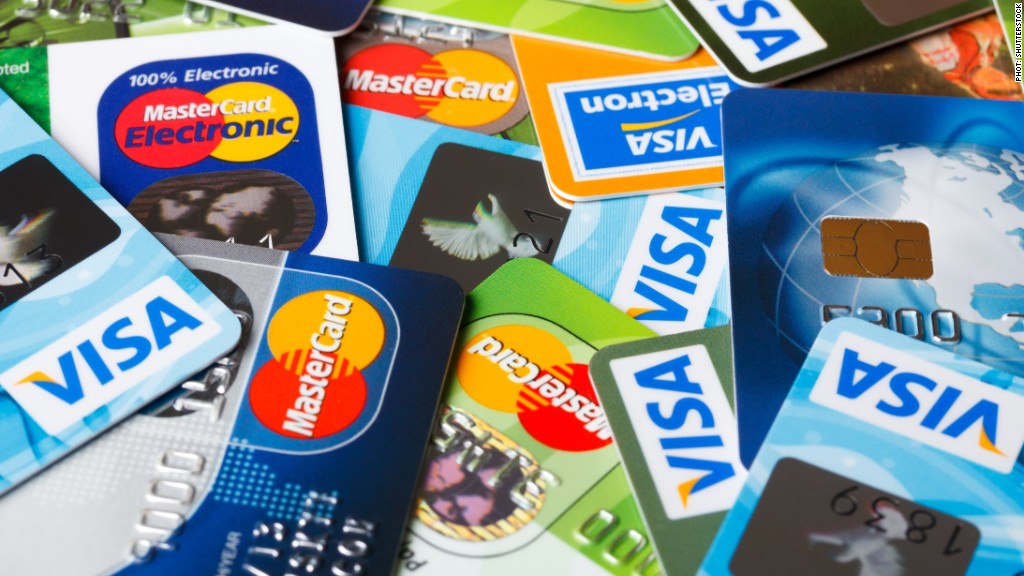
Though Americans are notorious for abusing their credit cards and taking on more debt than they should, new data shows that collectively, consumers have an average FICO score of 700. And that's not too shabby, considering that the highest possible score is 850, and that a perfect credit record is pretty hard to come by.
If you're among the countless Americans with excellent credit, you should by all means celebrate that achievement -- but don't get too cocky. Sometimes, all it takes is a single mistake to turn a great score into one that's mediocre or, worse yet, downright poor. If you're looking to preserve your credit, here are a few moves to avoid.
1. Missing a payment
Your payment history is one of the most important factors in determining your credit score, so if you make a habit of not paying your bills, your score is pretty much guaranteed to take a tumble. But what you may not realize is that even a single missed payment could spell trouble for an otherwise decent credit score. According to Credit.com, your first 30-day delinquency can easily take a FICO score of 780 or higher down a solid 100 points. If you accidentally neglect to make a payment but have an otherwise solid history, contact your lender and request to have your mistake wiped from your record. As long as you're a good customer and it's your first major blunder, your lender will likely comply.
2. Opening too many credit cards or accounts at once
Whenever you apply for a line of credit, whether it's a loan or a new credit card, you'll be subject to a credit inquiry. And it makes sense: Lenders want to see who they're dealing with before agreeing to a loan. But having too many credit inquiries can not only hurt your credit score -- it can also give lenders the potentially false impression that you're borrowing more than you should be. A better bet is to open new accounts slowly over time so that your credit report isn't flooded with inquiries.
3. Using too much of your available credit
Maxing out your credit limit isn't just bad for your finances; it can also damage your credit score. One thing lenders look at when determining your creditworthiness is your credit utilization ratio, which represents the percentage of available credit you're using at any given point in time. If your credit utilization ratio climbs above 30%, it can really raise a red flag, even if you ultimately manage to make all your payments on time. So if, for example, you have a $10,000 line of credit in total, you should never charge more than $3,000 at once.
Keep in mind that it's possible for one person to carry more debt than another but have a more favorable credit utilization ratio. Say your total line of credit is $10,000 and your neighbor's is $20,000. If you have $4,000 in outstanding debt and he has $5,000 in outstanding debt, you'll still have a higher credit utilization ratio because you'll be using 40% of your credit, whereas your neighbor will remain below that 30% threshold. Remember, it's not about how much actual debt you carry; it's about how much of your available credit you use.
4. Closing old credit card accounts
Closing an old credit card can hurt your score in more ways than one. First, if you have an older account in good standing, it can positively impact your credit history, thus boosting your overall score. Furthermore, if you have an older card with a more generous credit limit, it can help keep your credit utilization ratio to a minimum. Now, if you need to close an old credit card because it starts charging an exorbitant annual fee, by all means, do so. But if you don't have a pressing reason to cancel that account, retaining it could help preserve your credit score.
5. Co-signing a loan
Co-signing a loan for another borrower won't necessarily damage your credit off the bat. But if that borrower stops making payments on his or her loan, your score could be headed for trouble. When you co-sign a loan, you take partial responsibility for adhering to its payment terms, and if the primary borrower falls behind, your credit might suffer. To avoid this, be very careful about whose loan you co-sign, and make sure that person has the means to keep up with the associated payments.
Related links:
• Motley Fool Issues Rare Triple-Buy Alert
• This Stock Could Be Like Buying Amazon in 1997
• 7 of 8 People Are Clueless About This Trillion-Dollar Market
The higher your credit score, the more likely you are to get approved for a mortgage, auto loan, or credit card, and at the best possible rate. Avoiding these critical mistakes can help you protect the credit score you've worked so hard to build.
